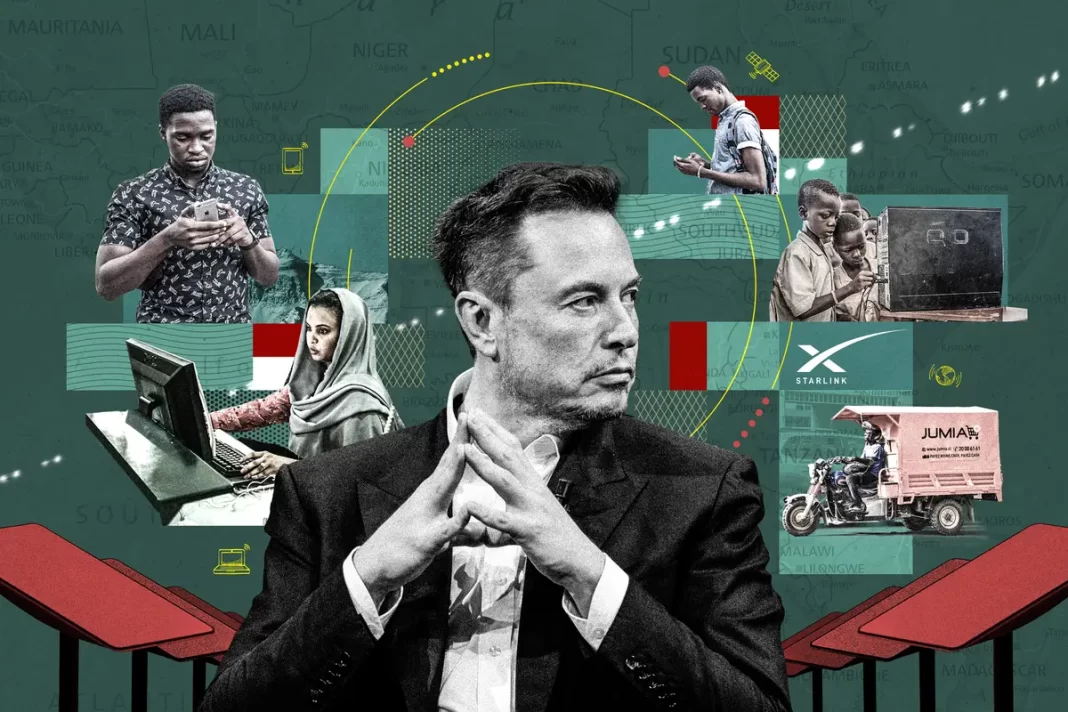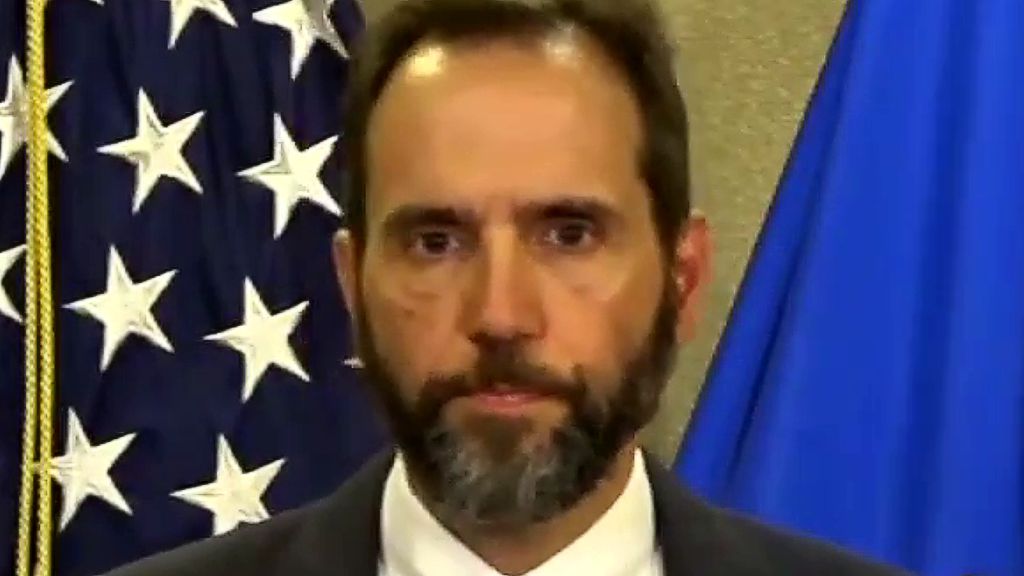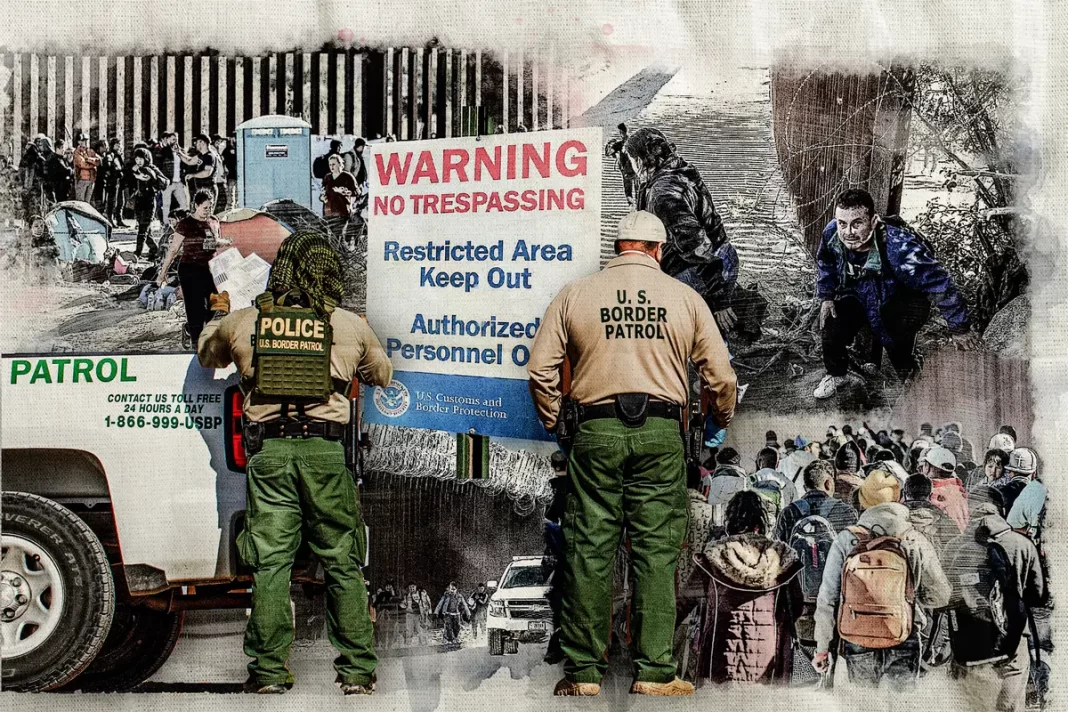
Elon Musk’s cheaper, faster Starlink satellite internet service is growing in popularity in Africa, but some governments are still resisting it.
JOHANNESBURG—Elon Musk’s revolutionary satellite internet service, Starlink, is spreading across Africa, flying in the face of repressive and corrupt regimes that are trying to block it.
In some cases, African companies are “illegally” importing and selling the equipment to allow users to bypass expensive and often state-controlled internet service providers (ISPs), and to use the cheaper and faster connectivity provided by the world’s richest man.
Many Africans living in countries where authorities haven’t yet granted regulatory licenses to Starlink, which is a division of SpaceX, are also accessing its services using signal-boosting equipment.
The signal boosters enable users to link to a SpaceX “ground station” in Nigeria, which in January became the first African country to grant regulatory approval to Starlink services.
“The tech revolution is happening at a pace that most African governments just cannot keep up with,” said Arthur Goldstuck, founder and CEO of World Wide Worx, one of Africa’s leading tech firms.
“The genie is out the bottle. The sooner they realize that they can’t control the uncontrollable, the better for them and the better for their people,” he said.
Mr. Goldstuck said Africa is the world’s fastest-growing, but most “technologically-starved,” continent.
“Data is expensive in Africa, and you can’t progress in the modern world when data is expensive. So demand for well-priced and speedy connectivity has exploded. Musk is feeding this demand,” he told The Epoch Times.
“Some governments don’t like this, because they want to control everything, and mostly they want to control money and information flows.”
Starlink, operated by Mr. Musk’s SpaceX spacecraft manufacturer and satellite operator, has a constellation of thousands of satellites in low orbit, delivering the world’s “most advanced broadband internet system” to 60 countries, according to its website.
Mr. Goldstuck said “progressive” African governments that encourage private enterprise and respect its ability to help develop their countries have “no problem” with Starlink and recognize its value.
“It offers high-speed streaming, video calls, and remote working, all of which contribute a lot to economic efficiency,” he said.






